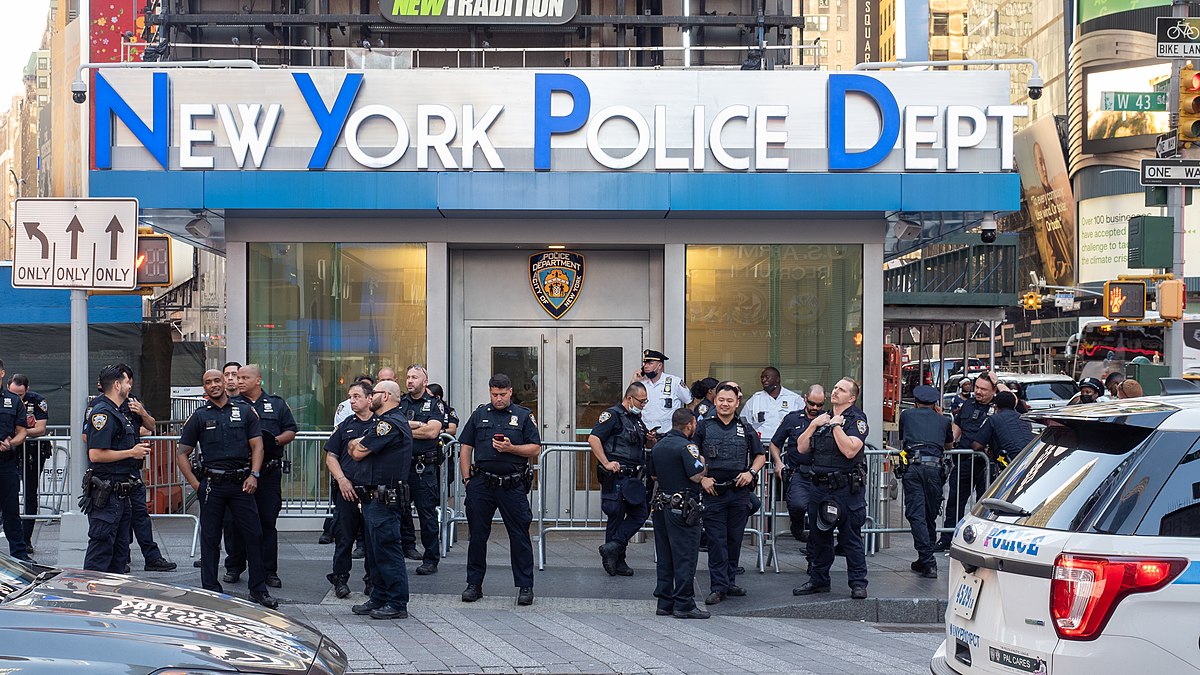- Joined
- Jul 28, 2024
- Messages
- 2,472
- Reaction score
- 2,881
- Gender
- Male
- Political Leaning
- Moderate
The recent occurrences in two adjacent counties has cemented my already strong opposition to the concept and practice of the Office of Sheriff as it currently exists in the United States.
Marcos Lopez, former Sheriff of Osceola County was recently arrested for using his office to run and protect a gambling ring. But he had numerous unrelated scandals as well, such as putting a picture of the body of a dead little girl on social media and making the Brady list for repeated false statements.
Wayne Ivey, current Sheriff of Brevard County essentially issued what amounts to a vile threat of violence against what have been predominantly peaceful protests. But his scandals are numerous, including offering jobs to candidates to get them to drop out of races against Ivey's favored candidates. And he is a proponent of the prevalent but discredited theory of the so called "Constitutionalist" Sheriff, which seeks to place the Sheriff as superior to all other authority including Federal.
But they are only two of many. Of course, there was the infamous Joe Arpaio.
I consider the modern Office of Sheriff, at best, to be an attractive nuisance. An office that might be benevolent under decent leadership, but that can quickly turn ugly when an Arpaio, Ivey or Lopez is elected.
My solution is to take the Sheriff's Office and split them into two separate entities.
Entity #1.
The first entity would have the title of Sheriff, but would be part of the State Judiciary branch. Each county Sheriff would be appointed either by the local court of general jurisdiction or by a State Marshal. The Sheriff would have authority over the county jail and other detention facilities, would provide bailiff services to the courts, would serve civil and criminal process, including warrants for the arrest of fugitives and would have the power of arrest for crimes committed in their presence only. They would not have general law enforcement or investigative functions.
Entity #2.
The second entity would be a county level police department. The Chief of Police would be appointed by the county government and would serve at the pleasure of the county government. It would provide general law enforcement to the county and by contract to municipalities within the county.
Separating these two functions would greatly reduce the power of the individual in charge and appointing them would actually make them more accountable than if they were elected, as in many jurisdictions, it is all but impossible to electorally defeat an incumbent Sheriff. In Maricopa County, it only happened because the county slowly shifted blue during Arpaio's long tenure, enough to finally bring him down. But that is not the case in most counties.
And it is appropriate to separate the service of process and detention of criminals, primarily a judicial branch process, from general law enforcement and investigation, primarily an executive branch process. Sheriff's Offices as they now exist intertwine functions of two separate branches of government.
Another reason is that it eventually opens the door for the consolidation of county and municipal law enforcement. Many areas have small podunk municipal police departments that should be consolidated into county level law enforcement. Separating County Police from the Sheriff's Office would make this process easier.
The problem is that the American Voter does not understand what the job of Sheriff really is.
The Deputies are hired to enforce the law. To police the public. The Sheriff is hired to police the deputies. If the Sheriff isn’t doing that, the public needs to fire him/her and get someone who will.
Obviously we don’t do that. We elect or hire the guy if you prefer who sounds tough. Who is going to focus on getting the criminals.

